
In a culture that frequently revels in merry pub nights and wine-filled gatherings, reducing alcohol consumption can feel like a daunting task. Yet, amid increasing health awareness and a growing sober-curious trend, many people in the UK are seeking ways to moderate their drinking habits. Here are five effective strategies to help you maintain a balanced relationship with alcohol.
Set Clear Goals:
Rather then taking an all-or-nothing approach, consider setting achievable, specific goals. You might resolve to have alcohol-free days each week, or decide to limit your drinking to social events only. The important thing is to tailor your objectives according to what feels attainable for you. The Drinkaware app, a UK-based initiative, is a helpful tool that lets you track your alcohol consumption and set personal targets.

Opt for Low-Alcohol Alternatives:
The UK has witnessed a rise in low-alcohol and non-alcoholic beverages in recent years, from botanical gins to alcohol-free beers and wines. These alternatives can help satisfy the social or taste aspects of drinking without the high alcohol content. As a bonus, they usually contain fewer calories, contributing to a healthier lifestyle overall.
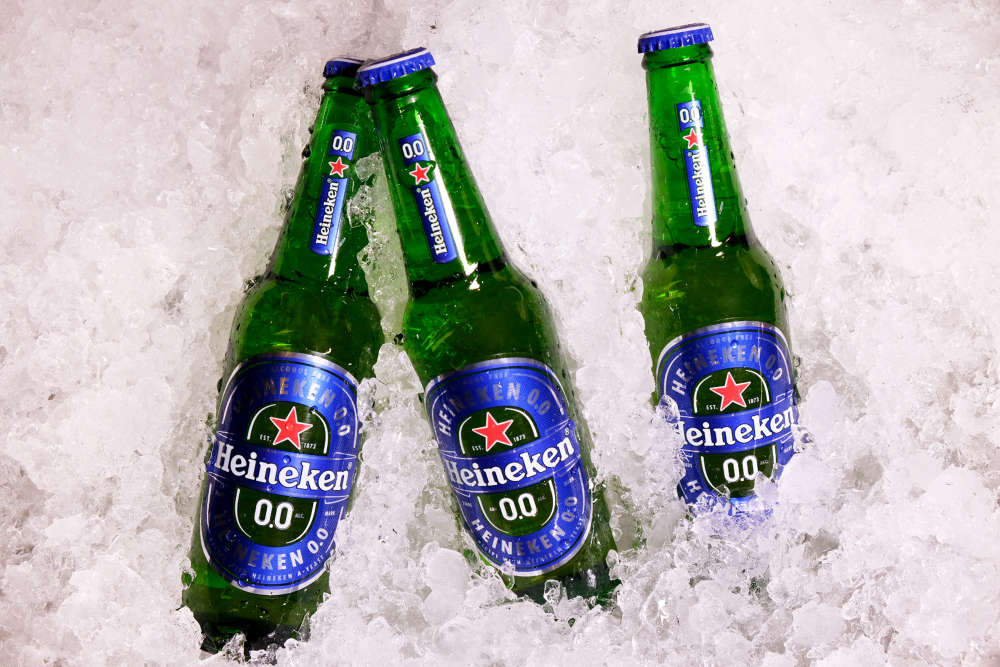
Learn Your Units:
Understanding alcohol units and their impact on your body can significantly aid moderation efforts. Public Health England recommends not regularly exceeding 14 units of alcohol per week, which is equivalent to 6 pints of average-strength beer or 10 small glasses of low-strength wine. Familiarise yourself with these measurements, and bear in mind that what constitutes a "moderate" amount might be less than you think.
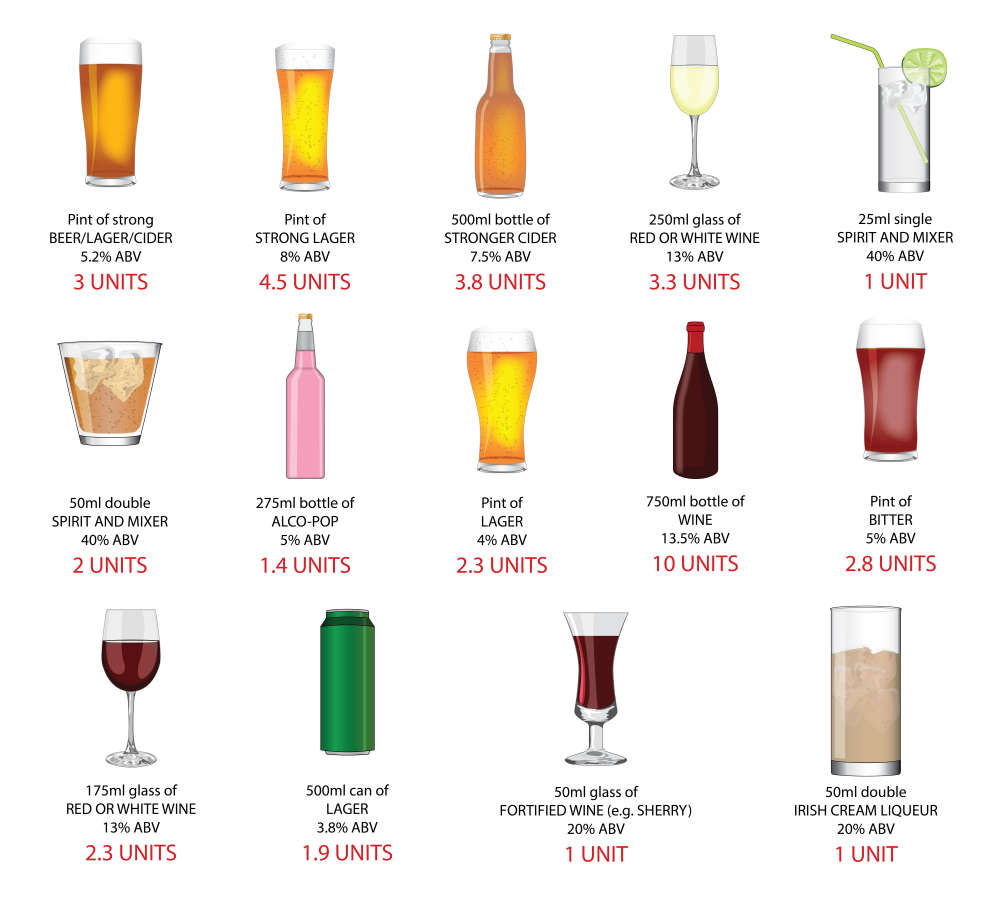
Break the Habit:
Often, drinking is more about habit than desire. You may find yourself reaching for a glass of wine after work out of routine rather than craving. Consider substituting these habits with other activities such as taking a walk, reading a book, or exploring a new hobby. This not only helps break the cycle of habitual drinking but also enriches your daily life with diverse experiences.
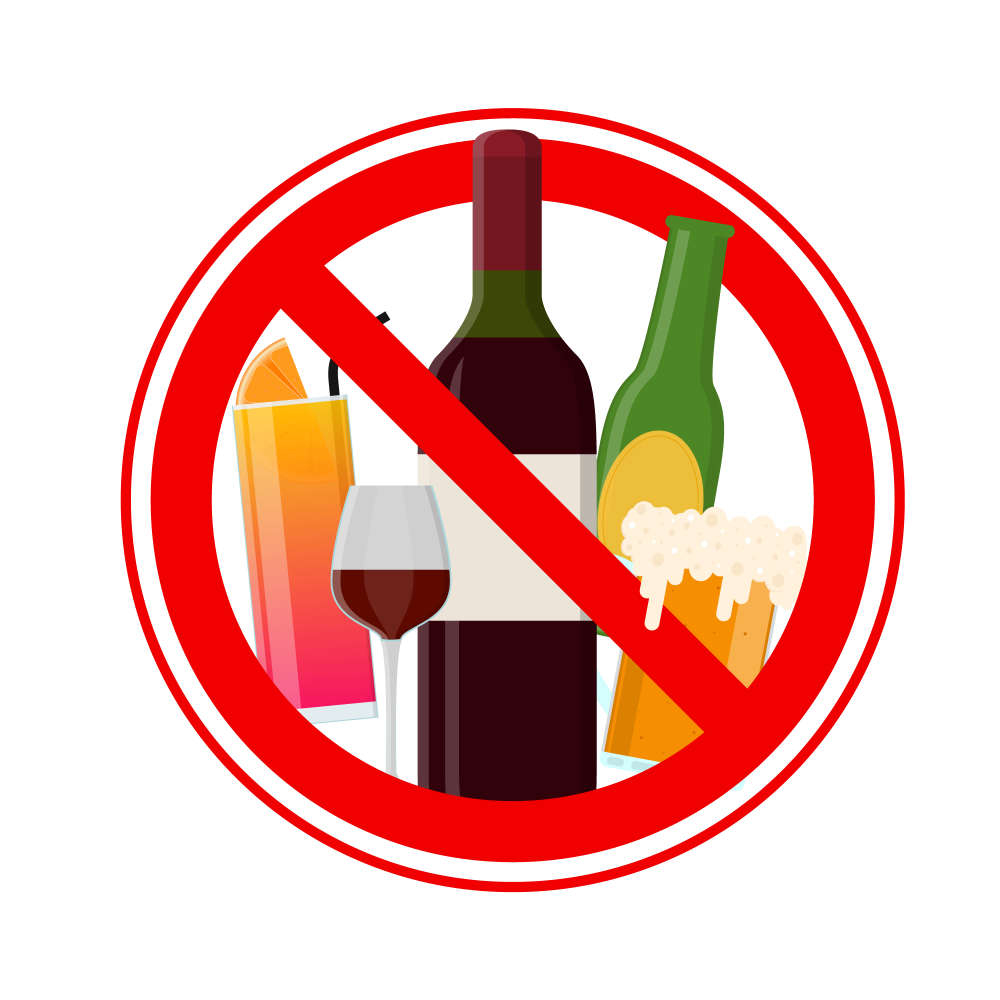
Seek Support:
If you find it challenging to moderate your drinking, don't hesitate to seek help. Numerous support groups and services exist, both online and offline, that can provide advice and encouragement. Organisations like Alcohol Change UK offer resources to help you understand your relationship with alcohol and make changes if needed.

Moderation Is Key:
Ultimately, moderation is key in maintaining a healthy and balanced relationship with alcohol. Remember that everyone's journey is unique, and it's okay to seek help and adjust your goals as you progress. By adopting these strategies, you can navigate your way to a lifestyle that gives you control over your alcohol consumption, rather than the other way round. Moderation doesn't have to mean missing out—it can mean discovering new tastes, new habits, and a new, healthier you.


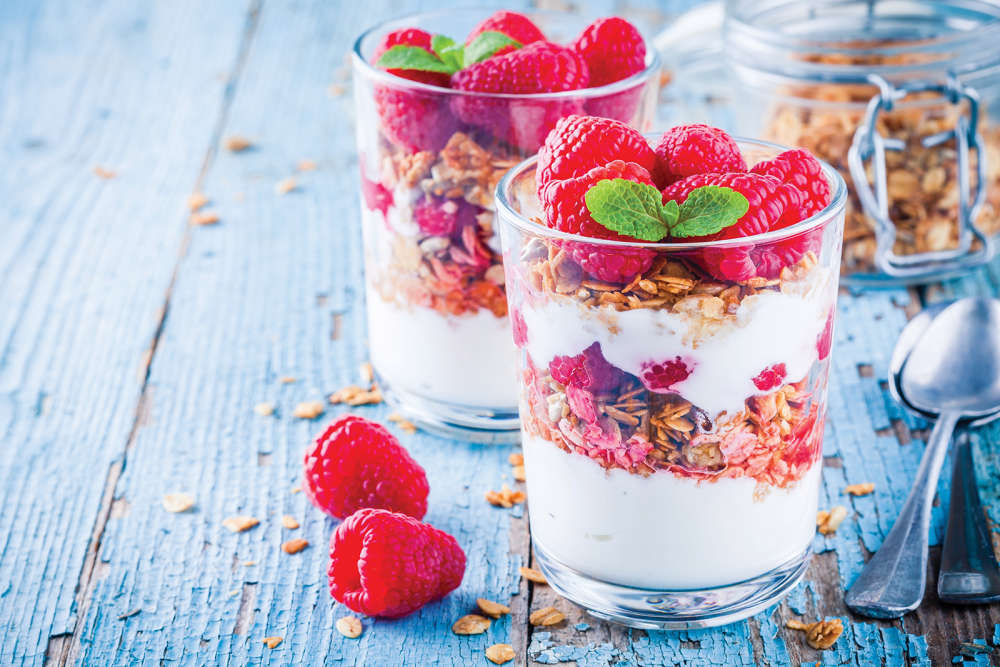 Recipe: Cranachan
Recipe: Cranachan
 Recipe: Eggs Benedict
Recipe: Eggs Benedict
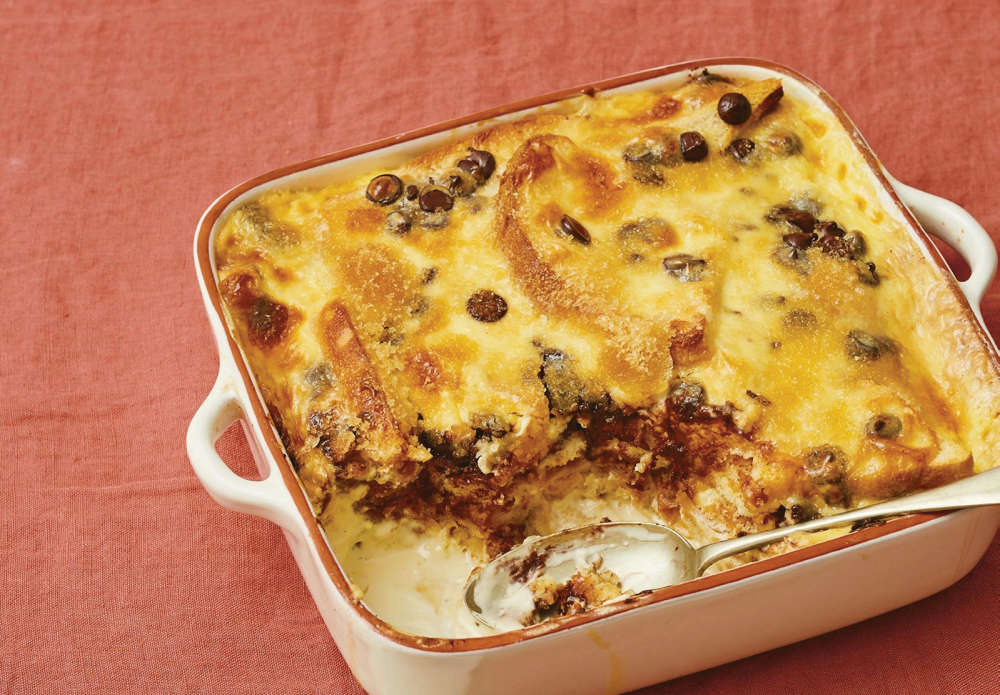 Recipe: Tiramisu Bread & Butter Pudding
Recipe: Tiramisu Bread & Butter Pudding
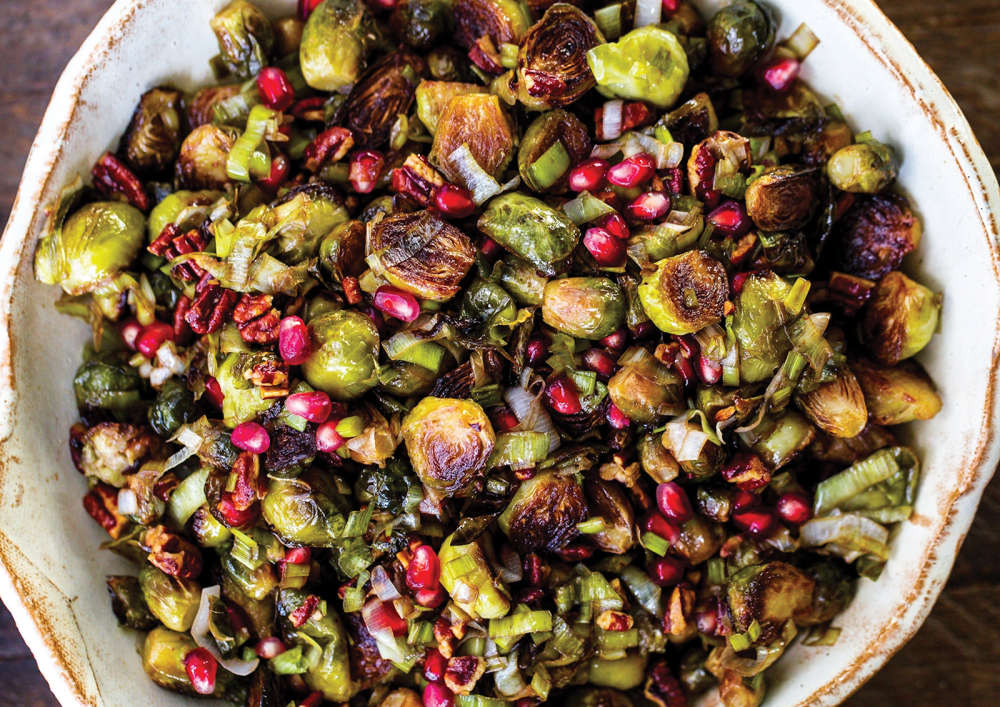 Recipe: Brussels Sprouts with Pomegranate & Almonds
Recipe: Brussels Sprouts with Pomegranate & Almonds
 Recipe: Chocolate, Banana & Pecan Cookies
Recipe: Chocolate, Banana & Pecan Cookies
 Recipe: Chicken & Mushroom Pot Pies
Recipe: Chicken & Mushroom Pot Pies
 Kids Zone: Make Your Own Festive Treats!
Kids Zone: Make Your Own Festive Treats!
 Recipe: Hearty Beef & Pumpkin Stew
Recipe: Hearty Beef & Pumpkin Stew
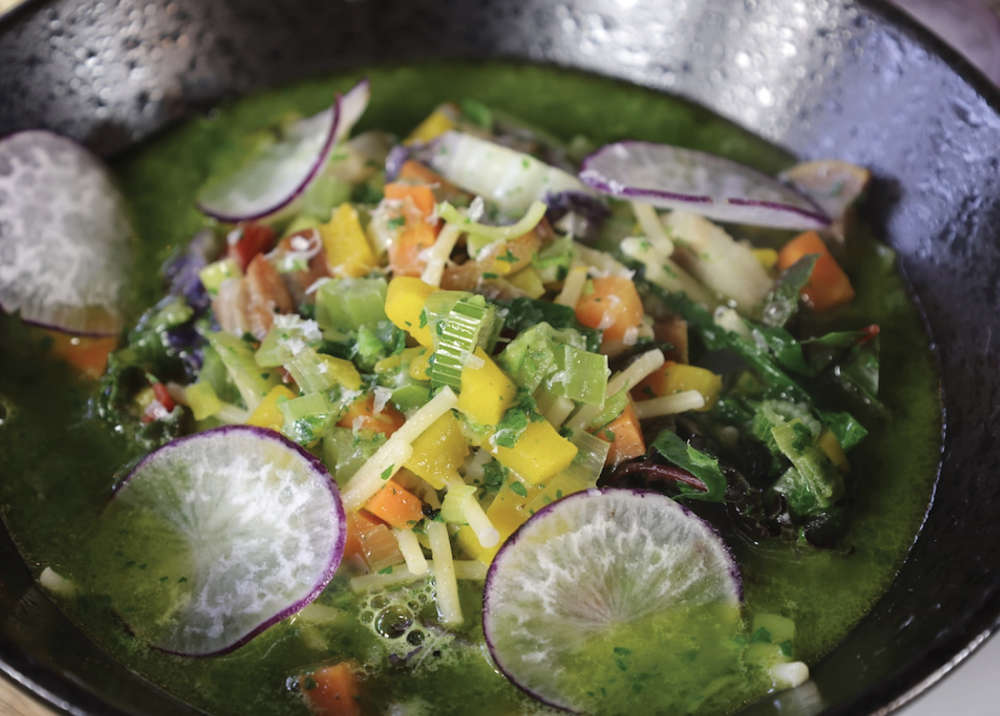 Recipe: Autumn Minestrone Soup
Recipe: Autumn Minestrone Soup
 Recipe: William Shatner’s Cappuccino Muffins!
Recipe: William Shatner’s Cappuccino Muffins!
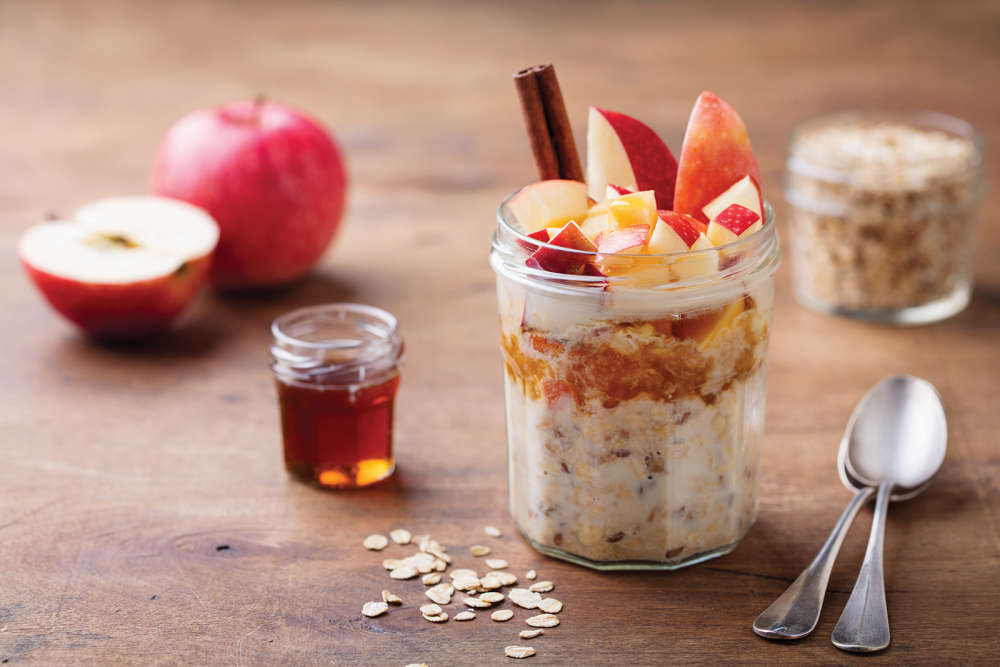 Kids Zone: Apples, Apples and more Apples
Kids Zone: Apples, Apples and more Apples
 Recipe: Red Velvet Cupcakes
Recipe: Red Velvet Cupcakes
 Recipe: Saffron & Lemon Chicken Joojeh Kebabs
Recipe: Saffron & Lemon Chicken Joojeh Kebabs
 South Carolina BBQ Chicken Thighs
South Carolina BBQ Chicken Thighs
 Weddings: The Food of Love
Weddings: The Food of Love
 Vino, Vidi, Vici: The Vineyards, Breweries & Distilleries of Sussex
Vino, Vidi, Vici: The Vineyards, Breweries & Distilleries of Sussex
 Recipe: Raspberry Blancmange
Recipe: Raspberry Blancmange
 Recipe: Sizzling Spare Ribs with BBQ Sauce
Recipe: Sizzling Spare Ribs with BBQ Sauce
 Highweald Estate: Wines of Outstanding Natural Beauty
Highweald Estate: Wines of Outstanding Natural Beauty
 Recipe: Salted Caramel Praline Brownie
Recipe: Salted Caramel Praline Brownie